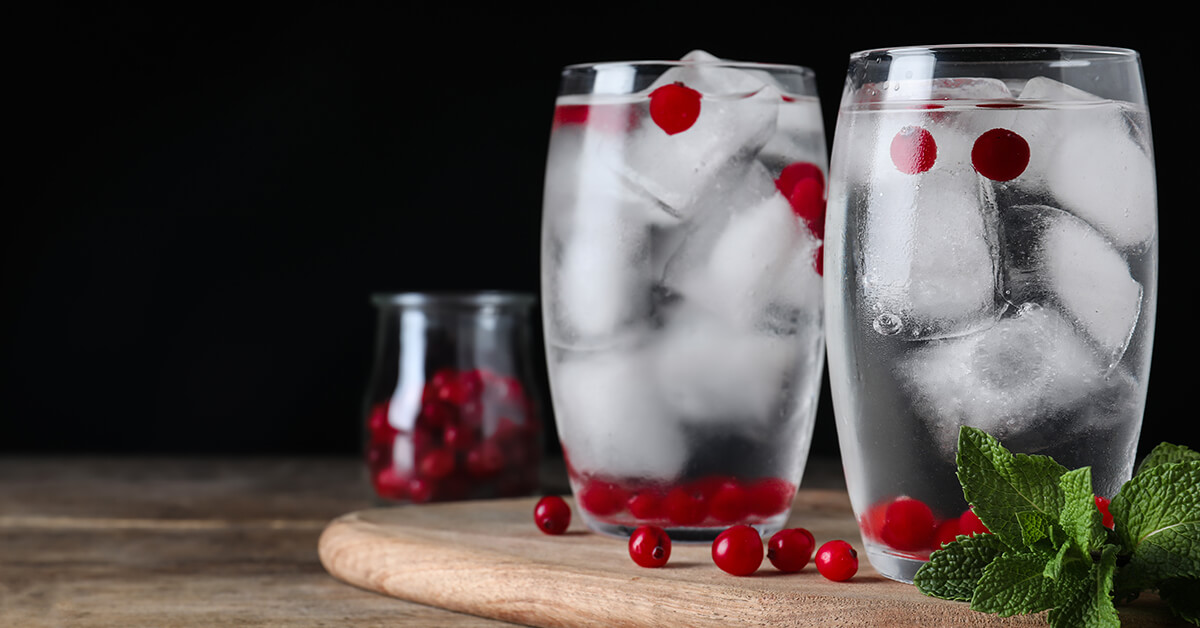The holidays can bring out the best and worst of just about anyone. If you’re someone living with a mental health condition – especially psychosis – this time of year can be extra stressful.
Emily Mulligan, a contributor to theMighty.com, who has lived experience with both psychosis and bipolar disorder, writes about navigating the holiday season. She describes a scene which many voice hearers might be familiar with:
“So many positive, happy, uplifting things have taken place even just within these past few weeks. My wonderful family and I all got together for a raucous, pleasant and COVID-free Thanksgiving gathering where we laughed, we joked, we hooted, we hollered, and I got to leave the event knowing all my loved ones were safe and healthy. Then the night after that, I spent three hours in the kitchen, toiling over a hot stove, blasting my favorite music, all in order to whip up a delicious Thanksgiving buffet dinner for me and my parents,” Mulligan writes.
So then why the absolute hell did I lock myself in the bathroom the other night around 7 p.m. to drown myself in a bitter, sorrowful cascade of tears and then continue to descend into a depressive pit that rendered the rest of my night absolutely joyless and meaningless. Or, why did I randomly and fitfully start freaking out in my room earlier? Because my bipolar disorder decided it was time for another random hypomanic episode, that’s why!”
So much about the holiday season can be triggering to underlying mental health conditions: the change in diet, alcohol consumption, the extra time spent socializing. Even just the pressure of responding to an invitation or having loved ones over to visit can be enough to start an episode. But that doesn’t mean we should avoid celebrating all together. Here are some ways to take care of yourself this season:
- Get enough sleep – It’s been proven: there is a strong link between our mental health and the amount of sleep our bodies need. While family celebrations can run late, and extra preparations might call for early mornings, it’s important to make sure you’re getting adequate sleep all season long. So, when it’s time to rest, put your phone on its do-not-disturb setting and make rest a priority.
- Eat a balanced diet – Tis the season to indulge! But, not all the time. Food and the holidays go hand in hand, but an upset stomach or overeating can do a number on your emotional well-being and self image. When you’re not hanging out around the family dinner table or at a holiday party, try to focus on healthy foods like lean meats, vegetables, and whole grains for energy.

- Drink water and avoid alcohol – This might seem obvious, but alcohol consumption is just not a great idea when you’re living with a mental health condition. Alcohol is a depressant, which makes your brain’s reaction time slow and can leave you feeling sadder, angry, and more anxious. You can curb the social pressure of not drinking by treating yourself to a sparkling water enhanced with your favorite fruit. And, when you’re not partying, drinking plenty of water each day will keep you feeling happy and focused.
- If it’s too much, say no – If there’s one good thing that’s come out of the COVID pandemic, it’s that everyone is a little more understanding when it comes to cancelling plans. Sure, it’s always nice to get together with friends and family, but if the pressure you feel to look or behave a certain way when your brain has you feeling low, don’t be afraid to turn down an invitation. Only you (and your mental health practitioner!) know what’s best for your mental health and if staying home helps, there’s no better time to do that.


 The goal is to facilitate early identification of those experiencing extreme states in order to decrease the duration for untreated symptoms and reduce disruption to the young person’s psychosocial development through a collaborative, recovery oriented intervention.
The goal is to facilitate early identification of those experiencing extreme states in order to decrease the duration for untreated symptoms and reduce disruption to the young person’s psychosocial development through a collaborative, recovery oriented intervention.